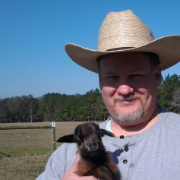Baptists that came out of the Reformation
-
Topics
-
Calvinism is an incorrect understanding of soteriology 1 2 3 4 5
By Donut_brand_donuts, in Salvation Forum
- 69 replies
- 1,741 views
-
- 4 replies
- 113 views
-
- 58 replies
- 2,121 views
-
- 2 replies
- 96 views
-
- 2 replies
- 87 views
-









Recommended Posts
Join the conversation
You can post now and register later. If you have an account, sign in now to post with your account.
Note: Your post will require moderator approval before it will be visible.